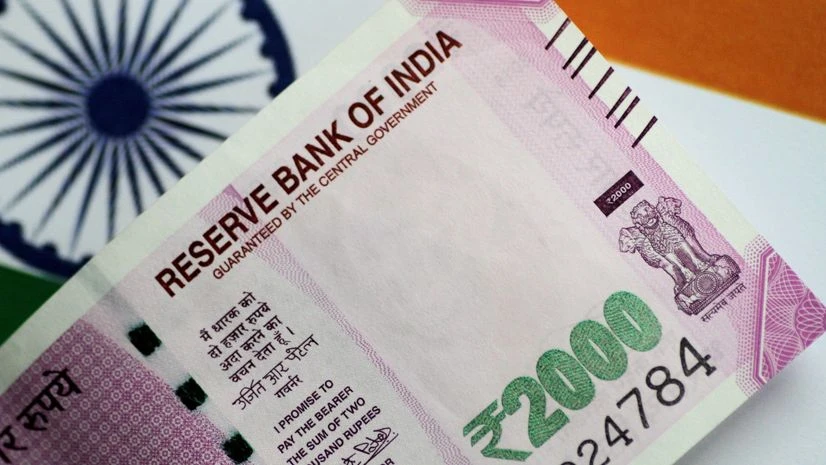The decision to withdraw Rs. 2,000 currency notes and response to it so far suggest that the move can help boost FY24 gross domestic product (GDP) growth to beyond 6.5 per cent estimated by the Reserve Bank of India (RBI), a report said on Monday.
The real GDP growth for the first quarter of FY24 will come at 8.1 per cent with an upward bias and the RBI’s 6.5 per cent estimate can also be exceeded, economists at the country’s largest lender SBI said.
“We expect Q1 FY24 GDP growth at 8.1 per cent with an upward bias due to the impact of Rs. 2,000 note withdrawal event...this reinforces our projection that FY24 GDP could be higher than 6.5 per cent, basis the RBI estimate,” a note said.
It can be noted that earlier this month, the RBI informed that over half of the currency notes in the denomination have returned back, with 85 per cent of it coming as deposits into banks, while the remaining 15 per cent have been exchanged at bank counters.Based on this experience, the SBI note said the consumption can get a Rs. 55,000 crore boost because of the move.
It estimated Rs. 3.08 trillion to come back as deposits into the system, of which Rs. 92,000 crore will come into saving banks accounts, of which 60 per cent will get withdrawn, thus giving an immediate increase in consumption at Rs. 55,000 crore. In the long run, the boost can be Rs. 1.83 trillion because of the consumption multiplier, it said.
“One of the major benefits of withdrawal of Rs. 2,000 note might be the immediate uptick in consumption demand," the report said.
More From This Section
It is expected that high-value amounts could move to high-value spends, such as gold/jewellery, high-end consumer durables like AC, mobile phones, and real estate, according to the note.
It cited reports of an increase in fuel payments and cash on delivery, with online food aggregator Zomato reporting three-fourths of users opting for cash payments by Rs. 2,000 notes.
The SBI economists also said that the RBI move is expected to increase donations to temples and other religious institutions through Rs. 2,000 notes and will push sundry purchases like consumer durables and boutique furniture.
As per the note, the RBI's retail central bank digital currency (CBDC), which is being tested in a close user group already, will also benefit from the move to withdraw Rs. 2,000 notes.
“The absence of higher denomination note should propel faster adoption of E-RUPI for merchant transactions, concurrent with physical fiat currency,” it said.

)
